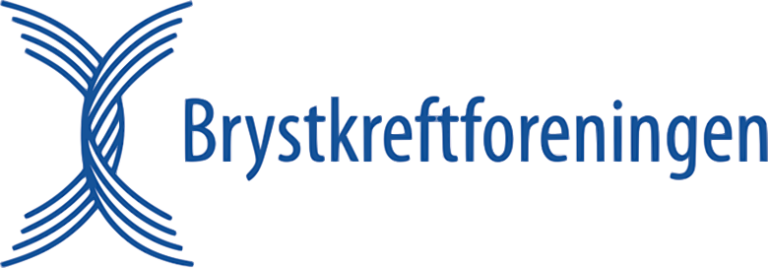A better treatment and handling of patients with breast cancer needs improved assessment of the presence and characteristics of the primary disease and the risk of minimal residual disease after surgery. This includes improved risk classification and subtype-classification of the breast cancer disease. This project will evaluate the consequences of a molecular based classification of breast cancer on treatment selection as well as on economy issues such as laboratory expenses and costs related to treatment. The project will be run in 3 phases. The first is soon completed and will evaluate the PAM50 molecular classification algoritm in a retrospective cohort of 666 patients with mature follow up, in addition to other new molecular tests, and in comparison to routine diagnostics. The second phase (ongoing) includes testing of PAM50 and the selected other molecular analyses in 120 prospectively collected patients, where the treatment still will be based on the routine diagnostics. The classification by molecular profiling and routine pathology will be compared and also correlated to the results from the retrospective analyses in the first phase. A clinical intervention study will be initiated based on the molecular classification algorithm decided from evaluation of the first two phases. The treatment decisions will be guided by the molecular classification algoritm among ER+ HER2+ node negative patients, and for the remaining patients randomized between molecular classification algoritm (arm A) and routine histopathology (arm B). The patients will be followed for clinical outcome and quality of life. Health economical parameters will be evaluated. The project will provide a major leap in breast cancer classification shifting from morphology based classification (including selected in-situ markers) to a more integrated, molecular based diagnostic approach. The proposed project will improve competence, in particular in molecular pathology and oncology as it combines clinical information and morphology with comprehensive molecular profiling for treatment selection. It will also provide an opportunity for development and prospective testing of novel prognostic or predictive subtype-specific molecular markers.
The EMIT project was presented at a poster session at the San Antonio Breast Cancer Symposium in December. The abstract can be found here.
PI: Bjørn Naume, Oslo University Hospital. Email: bna(at)ous-hf.no.
















